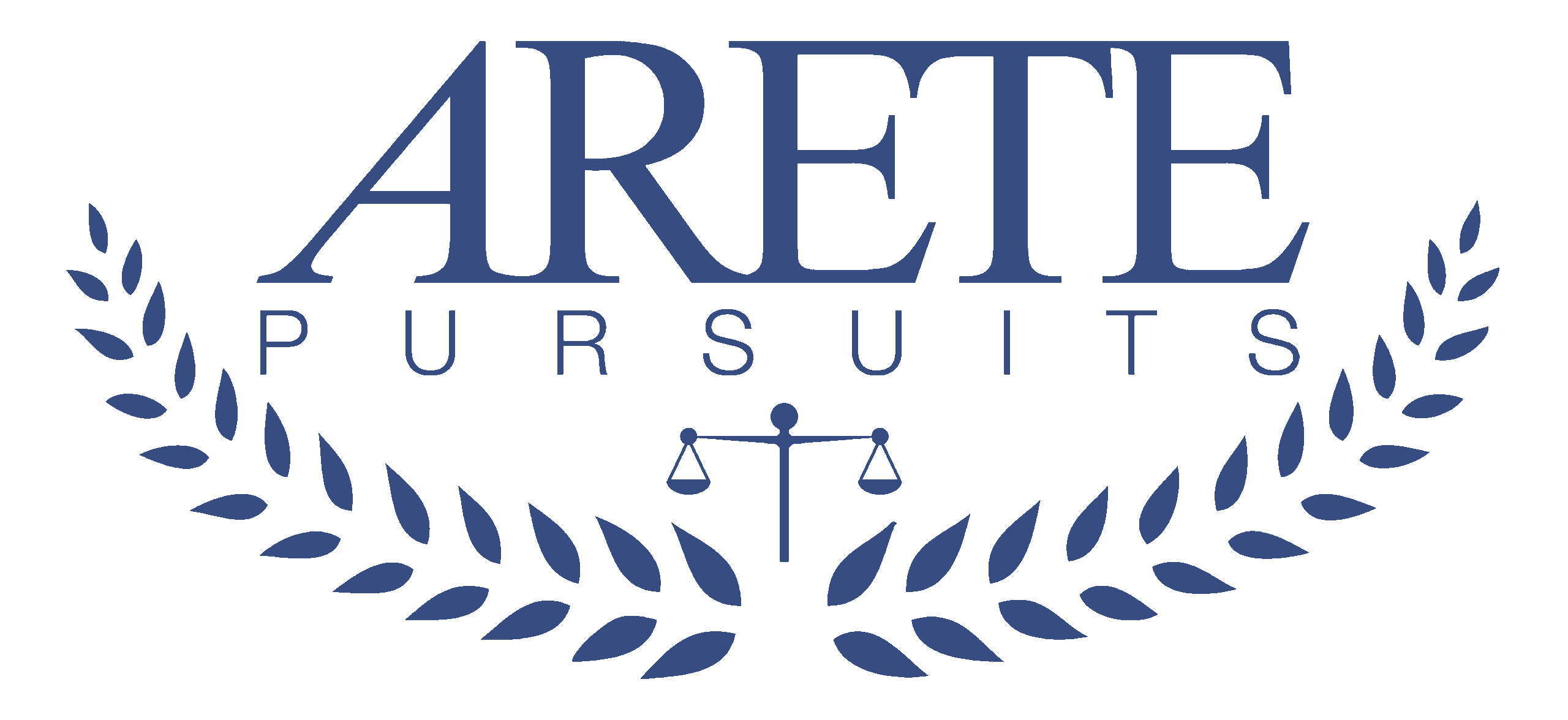It usually takes three nudges from the universe for me to get the message. Last week’s blog post on The Hero’s Journey was the third time I mentioned journaling more formally. As I wrote that post, I knew it was time to lean into this topic.
When I pick up on a sign from the universe, it often gives me one final nudge to acknowledge I got the message. So, I wasn’t surprised when my sister gave me the same feedback.
The practice of journaling may feel elementary to some of you. Bear with me. This is not a one-and-done topic. We will embrace journaling on an ongoing basis to accelerate our growth.
Giving Your Journal an Identity
A name has power, whether you are naming your child, pet, company, or country. The name brings an identity. It prepares your mind with a certain expectation. With this in mind, I invite you to give your journal an identity by naming it.
I surveyed LinkedIn to understand which name most resonates with you, and the prevailing favorite was Journal of Awareness. This was my default name in the first two blog posts where I touched on the subject, and I think it’s a great name. In my future blog posts, that’s the name I’ll use to refer to our shared journaling efforts.
It need not be the name of your journal. Spend time brainstorming names that resonate with you, and choose the one that adds an air of sacredness to the journaling process. One person told me they prefer the name Awareness Journal. Another, my long-time friend David Aronstein, likes more tongue-in-cheek names. His journal is named Blueprints of the Revolution.
I chose to name my journal the Journal of Teliodosis. My teliodosis blog post is my favorite, marking a fundamental shift in my personal evolution. Teliodosis has become as fundamental to me as arete. I strive to live in a state that integrates doing with being, understanding the importance of both, and flowing effortlessly between the two.
What will you name your journal? I’d love to hear your ideas in the comments. If you’re not sure, perhaps this is your first journaling project.
The Pen is Mightier Than the Keyboard
I used the computer in some of my early attempts to journal because I can type much faster than I write. It was efficient but not as impactful as I expected. When I adopted a more formal journaling practice around gratitude, I embraced a physical journal. I’ve often read this is a more meaningful way to journal.
In my experience, this is absolutely the case. Don’t get me wrong – if you know me, you know that every handwritten word that won’t be immediately searchable on my computer causes me a little twinge of suffering. It feels horribly inefficient. And yet, I think the inefficiency is part of what makes the practice so powerful for me. Journaling by hand forces me to slow down. It gives me more time to reflect as I write out each word, which allows more space for ideas to bloom and increases my awareness.
If writing by hand is going to be the thing that prevents you from journaling, then, by all means, use a computer to adopt the practice successfully. If you go this route, ensure you still give the journal an identity. If you are using Evernote or OneNote, create a specific notebook for journaling or a specific note as you desire. Mark it as a favorite so that it is easily accessible. Give it a digital identity just like you would a physical notebook.
Make Journaling a Ritual
To do this well, I encourage you to make journaling a ritualistic practice. Find a time of day when you can consistently spend at least five minutes reflecting and journaling. For many, this may be the end of the workday or one of the last things you do before bed. If you choose this time, make sure you’ll have the mental energy to follow through. I know that saving anything for “last thing before bed” is a recipe for failure for me. It’s too easy to skip it when I’m tired.
I have settled into a routine where the journaling occurs in the morning. My current morning routine is:
- Feed the cats.
- Meditate.
- Journal.
- Exercise.
- Complete daily planning.
On a good day, I stay off my phone until after completing the Journaling portion of my routine. I’m helped by the fact that distracting apps like email, LinkedIn, social media, etc., are not on the first page of my phone.
When you’ve selected the time you want to journal, find an existing cue to tie it to. I meditate in the same chair every morning. When I’m done, I go to my journaling space across the room to write in my journal. My brain doesn’t have to think about it – the sequence is on autopilot now. Set yourself up for success by finding a place in your existing routine where you can add in the journaling seamlessly and reliably.
September’s Topic
Each month, I’ll suggest a topic for journaling. If you are so moved, keep this topic in your awareness and note observations in your journal daily.
For September, I’ll refer back to last week’s observations on The Hero’s Journey. We each have our own journey, and understanding that journey will help us connect with our calling in life, allowing us to follow our bliss. Components of the hero’s journey include:
- Overcoming difficult obstacles that help them learn and grow.
- Having a mentor, teacher, or guide that supports them on their path.
- Earning a boon or reward that they bring back home for the benefit of their community.
I encourage you to reflect on the barriers, teachers, and boons in your hero’s journey – the ones you have encountered in the past, the ones you are experiencing now, and the ones you anticipate facing in the future.
Putting It Into Practice
Build a daily journaling ritual to help increase your awareness and accelerate your growth:
- Name your journal to give it an identity.
- Give the journaling ritual a sacred air.
- Consider a handwritten journal.
- Make the practice a daily ritual.
- Keep the process simple enough that you can reliably build the habit.
Want to comment? Join the conversation on LinkedIn.

